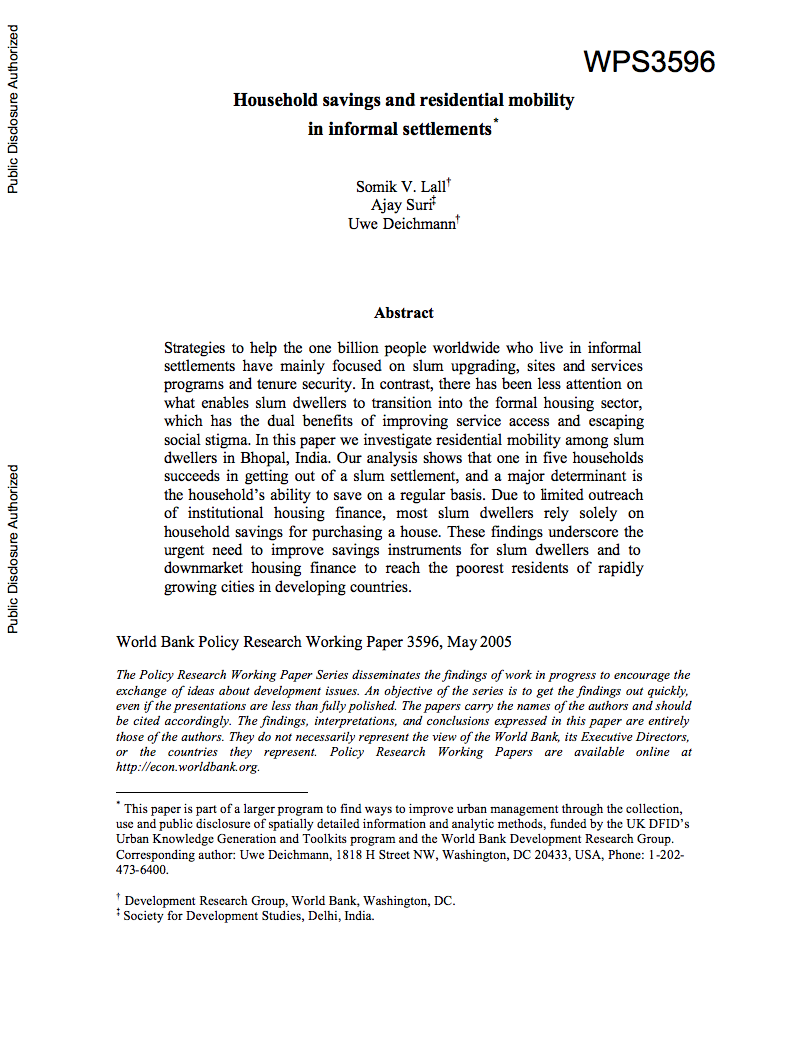Two Decades of Reform : The Changing Organization
Dynamics of Chinese Industrial Firms
Since the early 1980s, China has begun gradually integrating with the global system. In doing so the country has moved toward its own unique brand of market socialism, which recognizes private ownership, and is adopting market institutions and pursuing industrial change within the framework of an urban economic environment. The process of transition has now permeated every corner of Chinese life and no organization has been left untouched.



